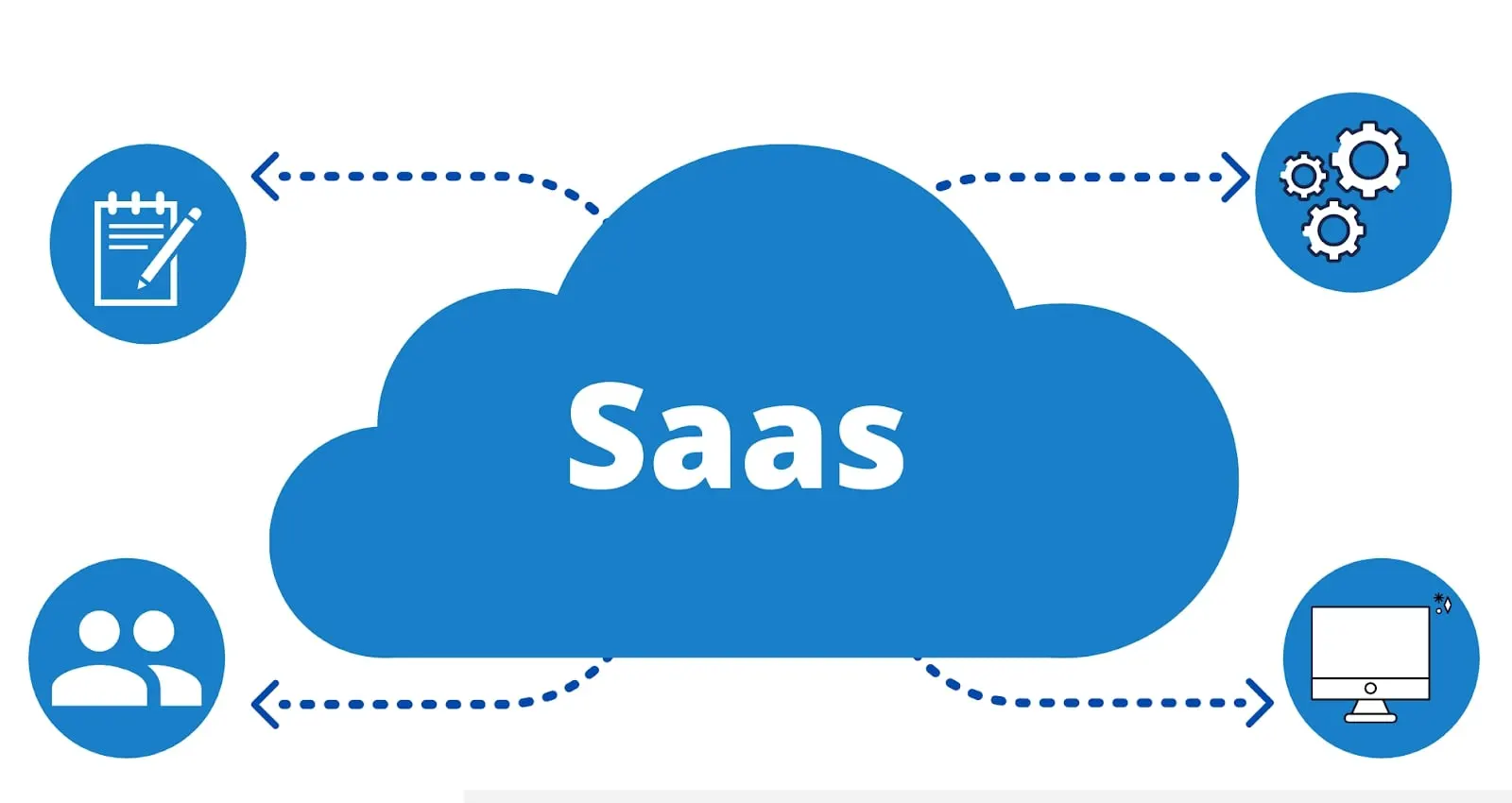In the realm of modern business, roles associated with oversight and guidance play a critical part in achieving organizational goals. While both positions focus on delivering results and enhancing performance, their scopes and responsibilities vary significantly. A deep dive into these roles reveals nuances that can lead to efficient team dynamics and successful outcomes.
Insight into Role Responsibilities highlights that one position is often more focused on coordinating a collection of initiatives, ensuring they align with broader objectives, while the other delves into the meticulous management of individual tasks, aiming for successful completion within defined parameters. Understanding these nuances facilitates better communication and collaboration within teams.
Furthermore, exploring strategic versus tactical approaches can illuminate how these two roles complement one another. One emphasizes long-term vision and alignment with organizational strategy, whereas the other hones in on the execution of specific objectives. Recognizing these contrasts is vital for those seeking to maximize efficiency and drive success.
Understanding the Roles in Management
In the realm of organizational leadership, various positions play distinct but complementary roles. Each role contributes uniquely to the successful execution of initiatives and achieving strategic objectives. Recognizing these functions can enhance collaboration and improve outcomes across various projects within an organization.
- Strategic Oversight: One role focuses on the bigger picture, ensuring that all activities align with the organization’s long-term vision.
- Execution and Delivery: Another role zeroes in on the implementation of specific tasks and milestones, ensuring they are completed on time and within budget.
- Resource Coordination: This position manages the allocation of resources, ensuring that both human and financial assets are effectively utilized.
- Stakeholder Communication: Key responsibilities include maintaining open lines of communication with all stakeholders, facilitating feedback, and addressing concerns.
- Risk Management: A vital part of the process involves identifying potential pitfalls and developing mitigation strategies to minimize impact.

The interactions between these roles are essential for nurturing a cohesive environment. When each individual understands their specific contributions, the collective effort leads to enhanced productivity and successful achievement of goals.
Distinct Responsibilities of Program Managers
In the realm of organizational leadership, there exist certain roles that demand a holistic approach to overseeing interconnected initiatives and outcomes. Individuals in these specific positions are tasked with more than just managing singular tasks; they navigate the complexities of several interrelated endeavors, ensuring they align with broader strategic objectives. Their focus extends beyond day-to-day operations, emphasizing the synthesis of various efforts to achieve overarching goals.
A primary duty involves the orchestration of multiple initiatives to guarantee cohesiveness and alignment with the company’s vision. This entails assessing each endeavor’s progress, addressing challenges that arise, and making informed decisions that benefit the larger portfolio. They are often seen as architects, constructing a framework within which diverse activities can flourish while avoiding potential pitfalls.
Another crucial responsibility lies in stakeholder engagement. These professionals cultivate relationships with various parties, ranging from team members to executive leadership. By effectively communicating progress and gathering feedback, they ensure that all voices are heard and considered in the decision-making process. This collaborative spirit fosters a sense of shared purpose and commitment among all involved.
Resource allocation is also a significant aspect of their role. They analyze the needs of various endeavors, coordinating resources in a manner that optimizes efficiency and effectiveness. Whether it be budgeting, staffing, or technology, they strategically distribute assets to maximize potential and deliver value.
Furthermore, these individuals are tasked with risk management on a macro scale. They identify potential threats across the interconnected initiatives and develop strategies to mitigate them. This proactive stance enables the organization to navigate uncertainties while maintaining momentum toward its strategic intent.
Key Functions of Project Managers
Individuals in these roles fulfill essential duties that ensure successful completion of various initiatives. Their expertise lies in coordinating tasks, managing resources, and driving teams toward achieving project objectives. Below are some fundamental responsibilities that characterize their work.
| Function | Description |
|---|---|
| Planning | Creating detailed outlines that define the scope, objectives, and deliverables of the initiative. |
| Resource Allocation | Determining the necessary resources, including personnel, technology, and budget, to execute the tasks effectively. |
| Risk Management | Identifying potential obstacles and developing strategies to mitigate their impact on the overall timeline and outcome. |
| Communication | Maintaining clear and consistent dialogue among team members, stakeholders, and other relevant parties to ensure alignment. |
| Monitoring Progress | Tracking the advancement of tasks and milestones to ensure adherence to the schedule and making necessary adjustments. |
| Quality Assurance | Implementing processes to ensure that deliverables meet the established standards and expectations of stakeholders. |
Skill Sets for Effective Management
To achieve success in overseeing initiatives, individuals need a diverse range of competencies that empower them to navigate complex scenarios. The ability to coordinate various elements, lead teams, and ensure that objectives are met is paramount. A well-rounded skill set enhances the potential to foster collaboration and drive outcomes effectively.
Essential Competencies
Leadership is a critical facet that enables individuals to inspire and motivate their teams. Being an effective leader requires strong interpersonal skills and the ability to communicate a clear vision. Furthermore, adaptability is necessary to manage change and address challenges as they arise, ensuring overall progress.
Analytical Thinking
Another essential area is analytical thinking. Individuals must evaluate data and make strategic decisions based on factual information. This involves assessing risks, understanding market trends, and utilizing resources efficiently. Strong organizational skills also play a vital role in managing time, prioritizing tasks, and ensuring that all aspects are aligned with overall goals.
Impact on Organizational Strategy
The roles within an organization have a profound effect on how strategies are developed and executed. Individuals responsible for overseeing multiple initiatives tend to focus on long-term goals, alignment with the organization’s vision, and resource allocation across various efforts. Their strategic oversight can lead to enhanced efficiency and better decision-making processes, ultimately contributing to sustainable growth and success.
Conversely, those who concentrate on specific endeavors often ensure that day-to-day operations are streamlined and objectives are met promptly. Their attention to detailed execution plays a crucial role in achieving immediate results that feed into the broader strategic goals. By delivering outcomes on time, they help maintain momentum toward achieving the overarching aims of the organization.
In essence, the influence of these roles on organizational strategy is multifaceted. Each contributes uniquely to the alignment of efforts with strategic goals. The collaborative dynamic between both functions sets the foundation for a resilient organization capable of adapting to changes in the market while remaining steadfast in its mission.
Interactions with Stakeholders
Effective communication and engagement with involved parties are crucial components of successful initiatives. Establishing meaningful relationships helps to align goals, manage expectations, and foster collaboration throughout the course of any endeavor. Understanding the nature of these interactions can greatly influence the overall trajectory and outcome of the process.
Engagement Approaches
Engagement methods can vary significantly based on the role in the organization. One may take a more strategic approach, focusing on long-term objectives and ensuring that stakeholders are aligned with broader interests. In contrast, another role might emphasize maintaining ongoing dialogue and addressing immediate concerns, allowing for a more hands-on management style. Each approach requires distinct communication strategies to build trust and maintain engagement.
Feedback and Adaptation
Listening to feedback from stakeholders is vital for adjusting strategies and ensuring that everyone remains aligned with the evolving goals. While one role may prioritize structured feedback loops and formal evaluations, the other might rely on informal check-ins and adaptive conversations. Emphasizing responsiveness and adaptability can strengthen partnerships and lead to better outcomes.
Career Paths and Growth Opportunities
Exploring the various pathways for advancement within the fields of overseeing strategic initiatives and managing specific tasks reveals a wealth of opportunities. Both career trajectories offer distinct paths, each with its own set of challenges and rewards. Recognizing the nuances between these roles is crucial for individuals seeking to enhance their professional journey and maximize their potential in organizational settings.

Advancement Opportunities
Within the realms of strategic oversight and task management, professionals can discover numerous avenues for career advancement. Progression often depends on individual goals, skill development, and the needs of the organization. Regardless of the chosen track, dedication and continued learning are essential for growth.
| Position | Typical Responsibilities | Skills Required |
|---|---|---|
| Senior Strategist | Oversee multiple initiatives, align objectives with corporate goals. | Leadership, strategic thinking, communication. |
| Resource Coordinator | Manage specific project elements, coordinate team efforts. | Organization, time management, teamwork. |
| Director of Operations | Guide overall operational strategy, enhance efficiency. | Analytical skills, decision making, strategic planning. |
| Portfolio Lead | Evaluate and prioritize strategic initiatives across departments. | Analytical skills, leadership, financial acumen. |
Skill Development and Learning
Skills enhancement is vital for success in both domains. Professionals should focus on building competencies that increase their effectiveness in delivering results. Workshops, certifications, and mentorship opportunities can greatly aid in professional growth, allowing individuals to stay relevant in a rapidly evolving workplace.
Questions and answers: Program manager vs project manager
What are the key differences between a Program Manager and a Project Manager?
Program Managers and Project Managers have distinct roles within an organization. A Project Manager is primarily responsible for planning, executing, and closing individual projects. They focus on meeting specific project objectives within the constraints of time, budget, and scope. On the other hand, a Program Manager oversees multiple related projects, ensuring that they align with the broader organizational strategy. While a Project Manager’s role is tactical, dealing with day-to-day operations, a Program Manager takes a more strategic approach, linking projects to broader goals and ensuring resource optimization across projects.
Can a Project Manager become a Program Manager, and what skills are necessary for this transition?
Yes, a Project Manager can transition to a Program Manager role, often by leveraging their experience managing projects and teams. Essential skills for this transition include strategic thinking, strong leadership abilities, and excellent communication skills. A solid understanding of program management methodologies, risk management, and stakeholder engagement is also crucial. Additionally, developing a broader business acumen and understanding the organization’s goals will help Project Managers effectively manage programs that contribute to those objectives.
How does the scope of responsibility differ between Program Managers and Project Managers?
The scope of responsibility is one of the primary distinctions between Program Managers and Project Managers. Project Managers concentrate on delivering a specific project, managing tasks, timelines, budgets, and resources to achieve defined deliverables. In contrast, Program Managers oversee multiple interrelated projects, focusing on the overall outcomes and benefits of the program. They are responsible for strategic alignment, long-term planning, and ensuring that all projects within the program work synergistically to achieve the organization’s goals. This broader perspective enables Program Managers to navigate complexities and drive value across various projects.
What qualifications or certifications are recommended for Program Managers and Project Managers?
Both Program Managers and Project Managers benefit from specific qualifications and certifications that validate their skills and expertise. For Project Managers, certifications like Project Management Professional (PMP) or PRINCE2 are highly regarded. These certifications emphasize knowledge in project planning and execution. For Program Managers, additional qualifications such as the Program Management Professional (PgMP) certification can be beneficial as it demonstrates expertise in managing multiple projects and aligning them with business strategy. Furthermore, knowledge in leadership, communication, and change management is crucial for both roles to effectively lead and inspire their teams.
What challenges do Program Managers face compared to Project Managers?
Program Managers encounter unique challenges not typically faced by Project Managers. As they coordinate multiple projects, they must navigate complexities such as interdependencies, resource allocation, and stakeholder interests across various teams. This often requires adept conflict resolution skills and the ability to maintain stakeholder engagement. Additionally, Program Managers must ensure alignment with the organization’s strategic objectives, which can be challenging when projects have differing priorities. The need for a holistic view of the program’s impact on the business, coupled with the management of risks that can affect multiple projects simultaneously, makes the Program Manager’s role both demanding and critical for organizational success.
What is the primary difference between a project manager and a program manager in terms of responsibility?
Project managers are responsible for overseeing the planning, execution, and success of a single project, ensuring the project goals are met within the defined scope and timeline. Program managers, on the other hand, manage several projects simultaneously as part of a broader program and focus on achieving overall program goals and alignment with organizational objectives. This difference between project and program managers highlights the program manager’s role in overseeing multiple project outcomes.
How do project managers and program managers work together to ensure project and program success?
Project managers and program managers work closely, with project managers focusing on the details of individual projects and program managers ensuring each project aligns with the overall program goals. A program manager may coordinate with multiple project managers to ensure that resources, timelines, and objectives are balanced across all projects within the program, supporting the program’s overall success and strategic impact.
What skills do project managers and program managers typically need to be successful in their roles?
Project managers typically require strong project management skills, such as risk assessment, timeline management, and task prioritization, to drive a single project to completion. Program managers also need project management skills but place more emphasis on strategic planning, communication across multiple teams, and aligning program objectives with organizational goals. Both roles may benefit from project management certification, which enhances essential skills needed for effective project and program management.
How does project management software support the roles of project managers and program managers?
Project management software provides tools for tracking project progress, managing resources, and coordinating project tasks, which is essential for project managers to oversee individual projects. Program managers also use project management software but often require additional features to monitor multiple projects, analyze resource distribution, and ensure alignment with overall program goals. Project management tools offer both project and program managers visibility into project timelines, progress, and successful project execution.
Why might an organization need both a project manager and a program manager for effective project and program management?
Organizations often need both a project manager and a program manager to ensure that each project and the entire program meet specific objectives. While a project manager may oversee a single project, a program manager is responsible for managing the overall program and coordinating multiple projects to support broader goals. The collaboration between program and project managers ensures that each project’s success contributes to the overall success of the program.







